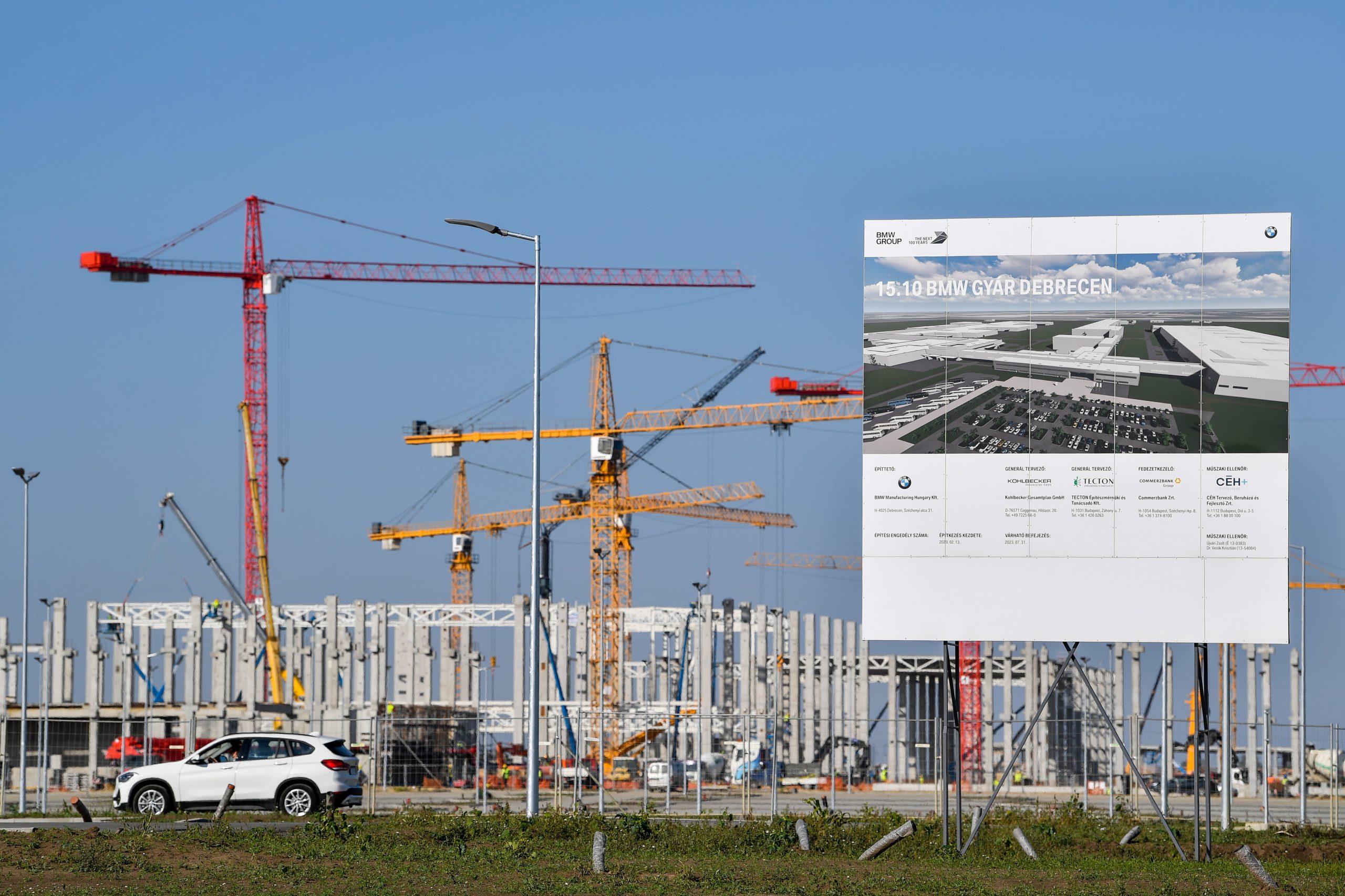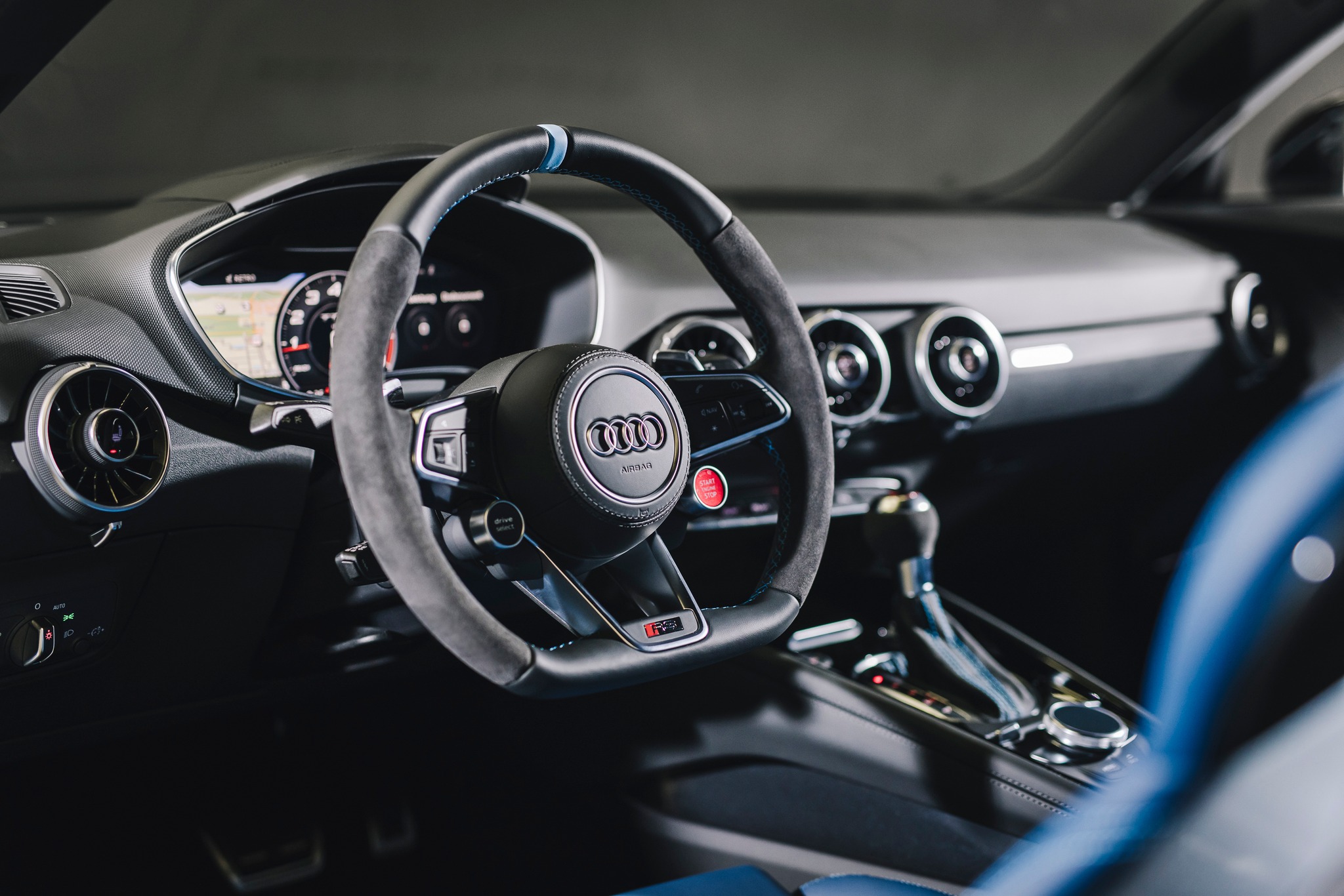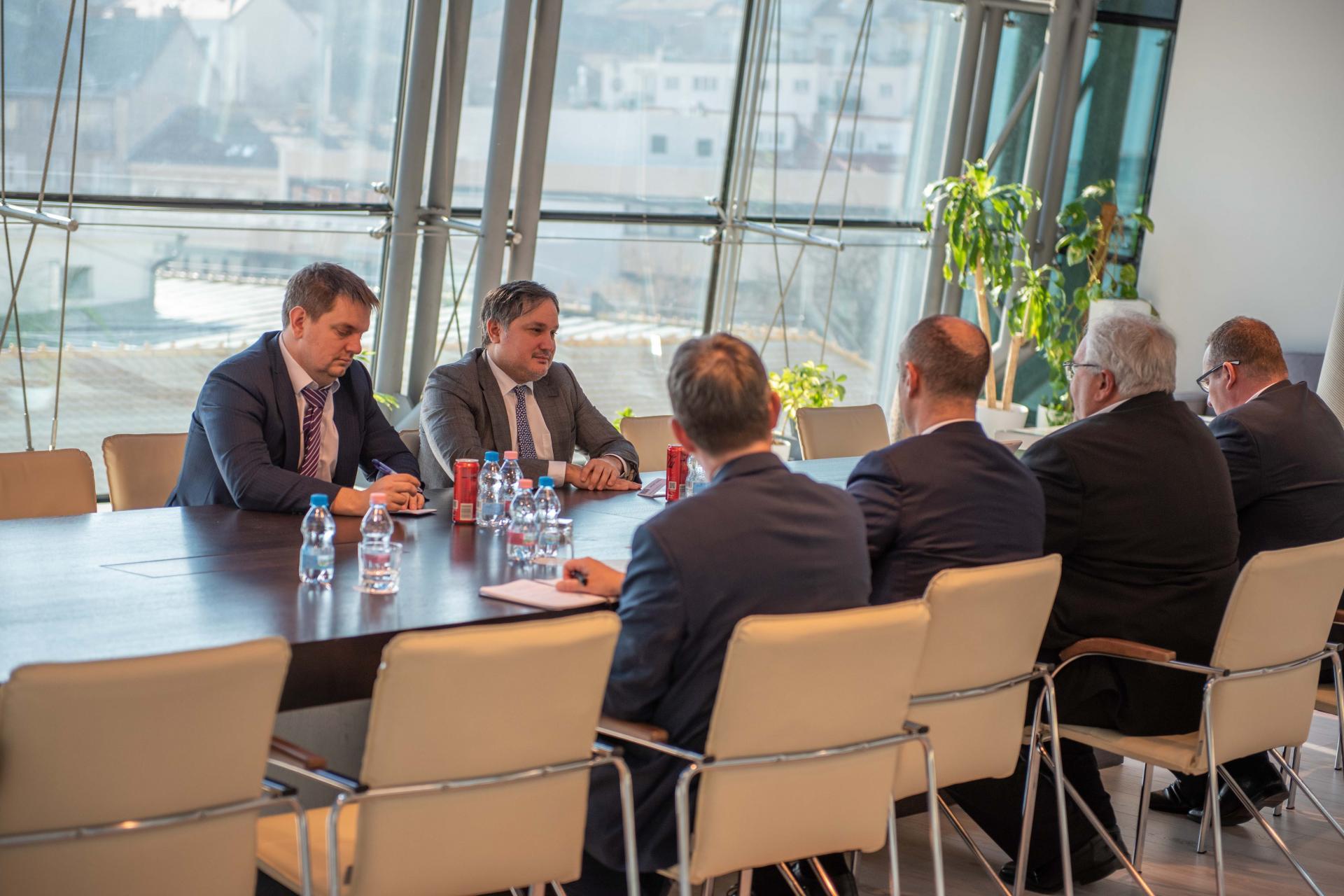
Hungary's car industry is set to become fully electric. Continue reading

The Minister of Economic Development, Márton Nagy, received the heads of Audi Hungária Zrt.: Alfons Dintner, Chairman of the Board of Directors, Patrick Heinecke, Member of the Board of Directors responsible for finance, and Péter Lőre, Director of Corporate Communications and Government Relations, at his office on Thursday, the Ministry of Economic Development said in a statement on Thursday.
The parties reviewed the state of the economy and the automotive industry, as well as the challenges in the short and long term. Márton Nagy stressed the importance of the automotive industry and battery production, and added that Audi is a key player in the economy, providing livelihoods for 12,000 Hungarian families and generating sales of nearly €8 billion.
The minister underlined the importance of German-Hungarian economic relations, especially as Germany is Hungary’s most important investor in working capital and trade partner.
Nagy said that Audi Hungaria’s record performance in 2022 was a cause for optimism, and that the Hungarian economy was able to grow dynamically even in an economic situation hit by war and sanctions.

Minister Márton Nagy (R) with the heads of Audi Hungaria Zrt. Image: Papp Szabolcs/Ministry for Economic Development (kormany.hu).
However, new investments attracting foreign direct investment (FDI), and increasing exports are needed to avoid recession. This is at the heart of the new Hungarian industrial policy, while preserving the result that rural economic centers are globally attractive destinations for cutting-edge technological investment.
Indeed, rural Hungarian towns have been important for investments and developments: Audi has its headquarters and factory in Győr in western Hungary. Now the German manufacturer is switching its large Hungarian car-making units into producing electric vehicles. Fortunately, Hungary is leading the battery production for such vehicles, meaning that supply for their production can come from within the country in the coming years.
Meanwhile, another German car producer, BMW, is building an electric vehicle factory in another rural town, Debrecen, in eastern Hungary, where a Chinese investment is underway as well. China’s Contemporary Amperex Technology Co. is building a battery factory, offering 9,000 new jobs in the future. At the same time, the German Boysen Group is investing HUF 60 billion (EUR 154 million) to create 400 new jobs in Nyíregyháza in eastern Hungary. Their new plant will produce electric car components, specifically battery cover plates, for BMW’s plant in Debrecen.
Featured photo via Facebook/Audi Hungaria Győr